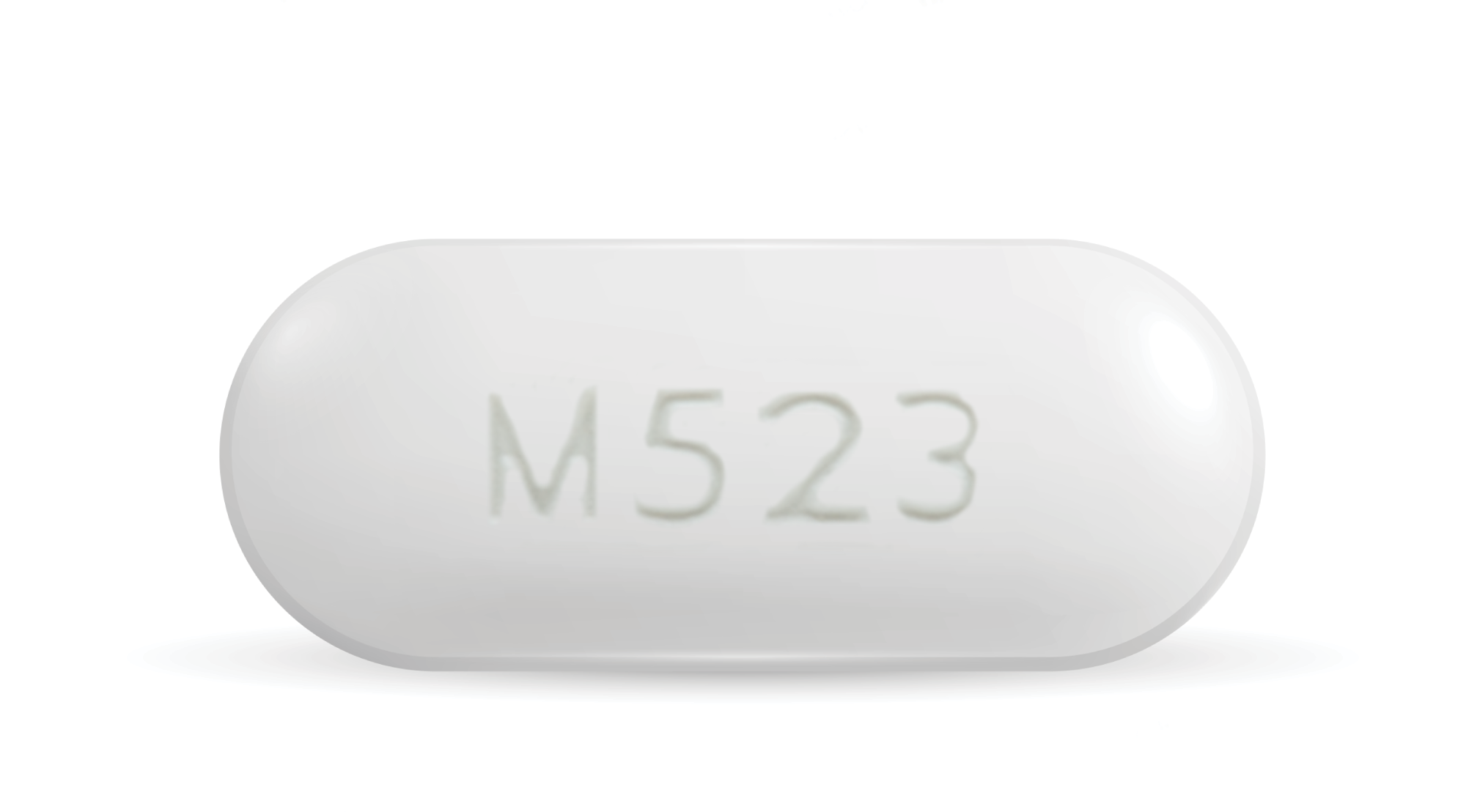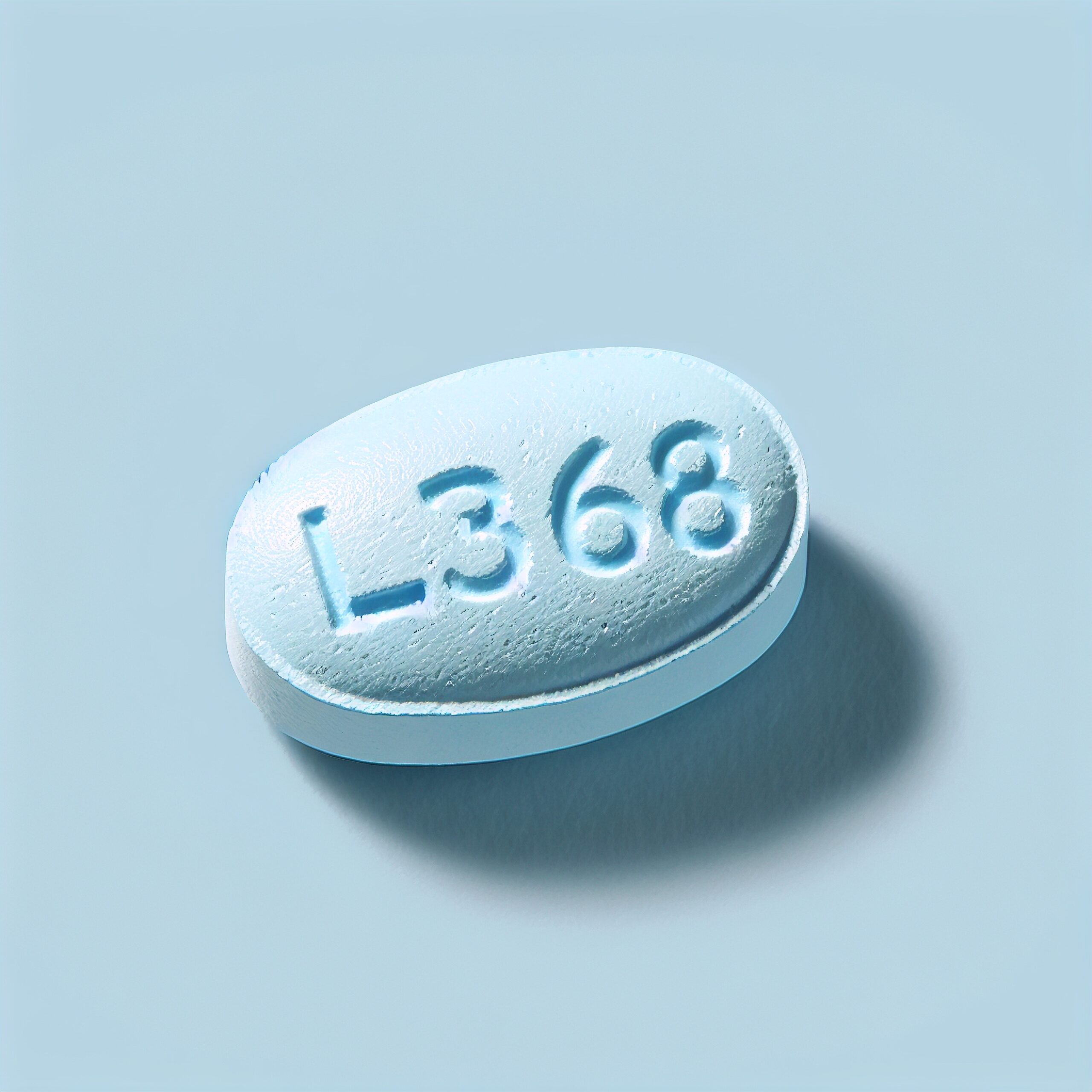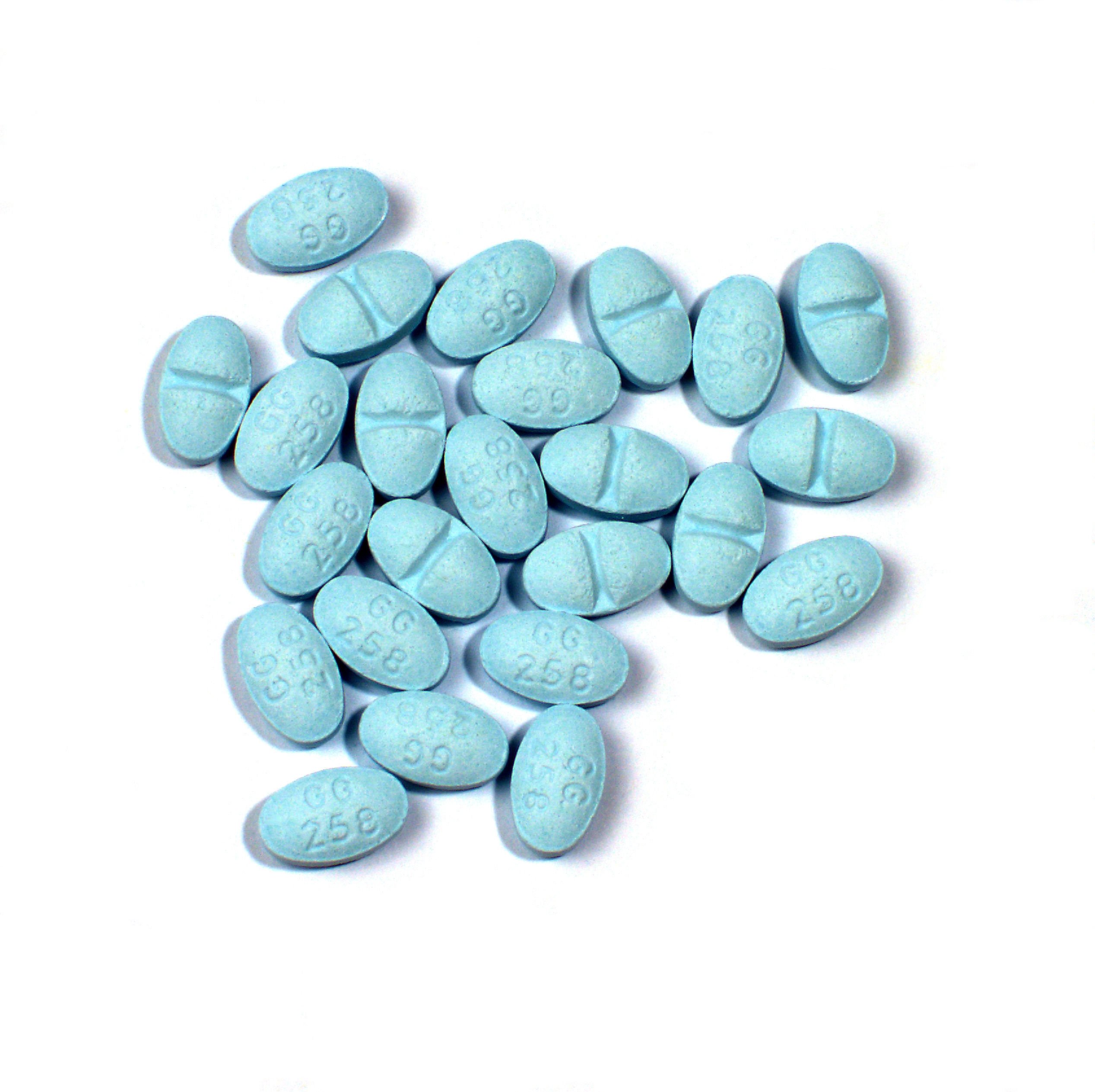Wernicke-Korsakoff syndrome, commonly known as wet brain and often abbreviated to WKS, is a neurological condition associated with acute and chronic phases of a deficiency in vitamin B1 (thiamine). This deficiency typically affects individuals with inadequate nutrition and is a frequent complication among those who engage in prolonged, heavy drinking. Early detection can potentially reverse the symptoms, but if left untreated, alcohol wet brain can result in irreversible confusion, impaired muscle coordination, and hallucinations.
Alcohol Misuse & Wet Brain Syndrome
What is wet brain syndrome, then? Wernicke-Korsakoff syndrome is often informally described as wet brain, a condition that is surrounded by stigma. Even the term itself is misleading and can contribute to a negative bias, feeding the misconception that WKS is self-inflicted by prolonged alcohol misuse. This stigma can hinder people from seeking necessary help for WKS, which is a severe and life-threatening brain disorder comprising two distinct conditions:
- The initial phase, Wernicke’s encephalopathy, is a severe and transient state characterized by confusion, loss of muscle coordination, and atypical eye movements and vision alterations.
- The subsequent aspect, Korsakoff psychosis, commonly follows or coincides with Wernicke’s encephalopathy. The final stages of wet brain trigger persistent and chronic impairment in learning and memory, severely disrupting normal functioning.
The onset of WKS is linked to a deficiency in thiamine, associated with prolonged, heavy alcohol use, malnutrition, and other diseases. While only an estimated 1% to 2% of the general population develops WKS, individuals with chronic alcohol misuse face a higher risk, with prevalence rates estimated at approximately 12% to 14%.
Alcohol misuse is the main cause of thiamine deficiency. This deficiency can have detrimental effects on the brain, nerves, and heart. Chronic alcohol misuse often results in poor nutrition and reduced absorption of thiamine. The inflammatory response triggered by alcohol in the gastrointestinal tract disrupts thiamine absorption, while the body’s ability to process and utilize thiamine in the cells is compromised by heavy drinking. Thiamine is vital for synthesizing enzymes necessary for energy production, and it plays an important role in creating chemical messengers in the brain and genetic material in cells.

Wet Brain Symptoms
Wernicke-Korsakoff syndrome can present with a diverse array of symptoms. Confabulation, where individuals fabricate information to compensate for memory loss, is a characteristic feature in those with severe manifestations of the disease.
Individuals affected by the syndrome may also experience confusion or disorientation, complicating their ability to recognize any underlying issue and seek necessary treatment.
Early signs of wet brain syndrome may include:
- Problems with balance or coordination
- Delirium
- Drowsiness
- Ataxia (loss of muscle coordination)
- Difficulty walking
- Hypothermia
- Heart-related issues like rapid heartbeat (tachycardia) or low blood pressure (hypotension)
Beyond this, eye-related symptoms of wet brain are common. These may include:
- Double vision
- Abnormal eye movement (nystagmus)
- Eye muscle paralysis (ophthalmoplegia)
- Drooping eyelid (ptosis)
If left untreated, Wernicke encephalopathy can progress to Korsakoff syndrome, characterized by chronic memory impairment. Wet brain syndrome signs that indicate the development of Korsakoff syndrome include:
- Amnesia
- Inability to form new memories
- Behavioral changes like agitation or anger
- Confabulation
- Delirium and disorientation
- Fatigue
- Lethargy
- Hallucinations
- Lack of focus or attention
- Difficulty walking
Even treatment may not improve some of these symptoms. In severe instances, individuals may experience coma.
If you or someone you know has lost consciousness or is displaying symptoms of Wernicke-Korsakoff syndrome, contact your healthcare provider or call 911 immediately.
Wet Brain Syndrome Stages
Wernicke-Korsakoff syndrome (WKS) comprises two distinct stages:
- Wernicke encephalopathy, an acute and sudden brain disorder.
- Korsakoff syndrome, a chronic and enduring memory disorder.
This condition is named after the contributions of German neurologist Carl Wernicke and Russian neuropsychiatrist Sergei Korsakoff.
In the first phase, Wernicke encephalopathy, individuals commonly exhibit three primary symptoms:
- Confusion.
- Impaired voluntary movement coordination (ataxia).
- Visual changes and other associated eye problems, often including muscle loss.
If left untreated, these symptoms can lead to lasting brain and nerve cell damage, resulting in severe memory loss and an inability to create new memories, characteristic of Korsakoff syndrome.
As Wernicke-Korsakoff syndrome progresses, it can become life-threatening. Prompt emergency treatment with thiamine can alleviate symptoms and prevent permanent damage to memory and other cognitive functions.
Wet brain syndrome life expectancy is poor if untreated. Studies show that half of those diagnosed with wet brain are expected to die within eight years. So, if you or someone that you care about displays symptoms of WKS, contacting your healthcare provider or calling 911 immediately is essential.
Signs of Wet Brain Syndrome
Wet brain syndrome encompasses various telltale signs and symptoms. These signs may not only include the hallmark features of Wernicke encephalopathy and Korsakoff syndrome but also other distinctive indicators of the syndrome’s progression. Some additional signs of wet brain syndrome include:
- Profound memory impairment: Individuals with WKS often experience a significant impairment in their ability to recall recent events and form new memories, leading to severe memory gaps and difficulties in retaining new information.
- Emotional disturbances: Emotional instability, ranging from sudden mood swings to unprovoked bouts of anger or agitation, can frequently manifest in individuals with wet brain syndrome, contributing to social and behavioral challenges.
- Difficulty with everyday tasks: Managing routine tasks, such as personal hygiene, meal preparation, or household chores, can become increasingly challenging for individuals with wet brain syndrome, leading to a decline in their overall functional independence.
- Language and speech problems: Communication difficulties, such as struggling to find appropriate words, forming coherent sentences, or comprehending complex language, may become noticeable as the syndrome progresses, further impacting daily interactions and social engagement.
- Physical weakness and coordination issues: Muscle weakness, tremors, and a decline in motor coordination can accompany wet brain syndrome, making it difficult for individuals to perform basic motor tasks and maintain physical stability.
- Visual and auditory disturbances: Visual disturbances, including blurred vision, sensitivity to light, or difficulties in focusing, and auditory impairments, such as sensitivity to noise or challenges in processing auditory information, can also be observed in some individuals affected by wet brain syndrome.
Recognizing these signs and seeking prompt medical intervention can help in managing the progression of wet brain syndrome and improving the overall quality of life for those affected. Early diagnosis and treatment can significantly impact the prognosis and help alleviate the severity of the symptoms.
Is Wet Brain Reversible?
Wernicke-Korsakoff syndrome has the potential for reversal. Factors such as the severity of symptoms, the timeliness of treatment initiation, and the specific treatment regimen employed can significantly influence the likelihood of reversing or alleviating WKS.
While complete recovery is uncommon, some people may experience varying degrees of symptom improvement through thiamine therapy, often showing signs of improvement within 5 to 12 days.

Get Treatment for Alcohol Addiction at Gratitude Lodge
We deliver provide comprehensive alcohol withdrawal and addiction treatment at Gratitude Lodge in Southern California. Our pet-friendly treatment facilities in Long Beach and Newport Beach, CA, provide a holistic approach to recovery, encompassing the following steps:
- Initiate with supervised medical detoxification for safe withdrawal.
- Transition smoothly into a 30-day inpatient program for continued support.
- Benefit from various therapeutic interventions, such as psychotherapies, medication-assisted treatment, group and individual counseling, family therapy, holistic therapies, and aftercare services.
When you are ready to achieve and maintain sobriety, call Gratitude Lodge at 800-994-2184 for immediate assistance.



























